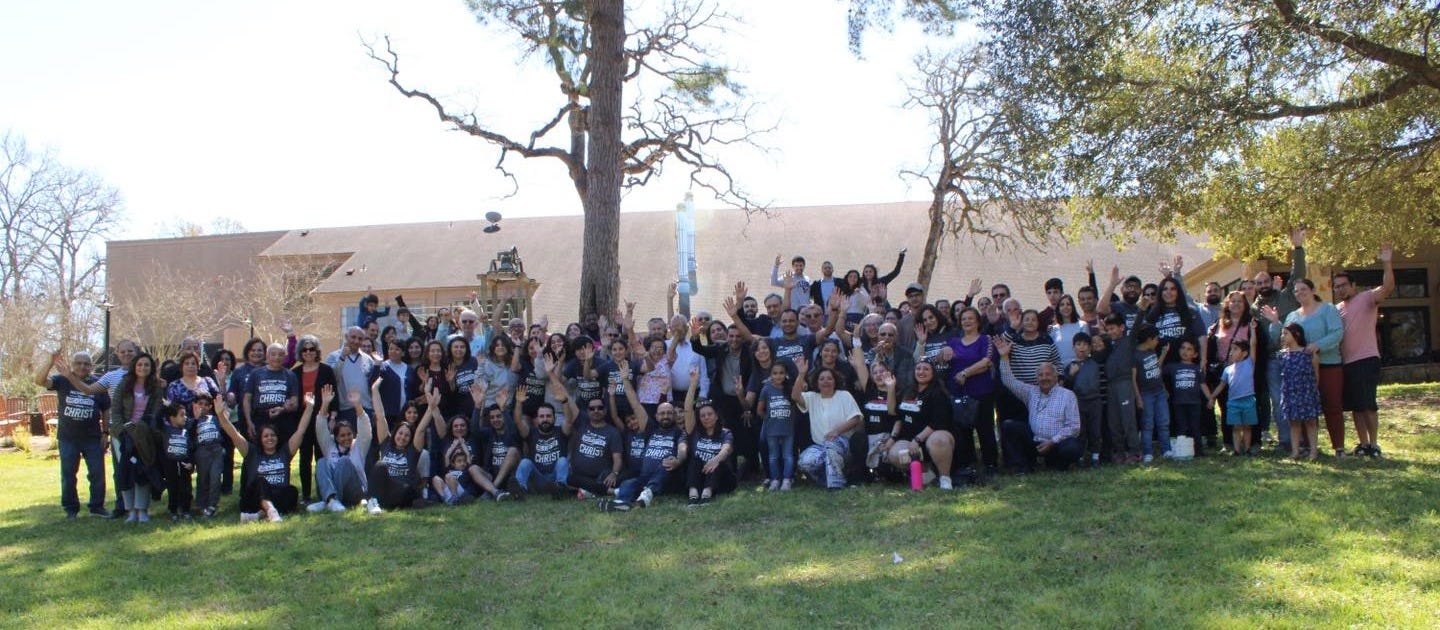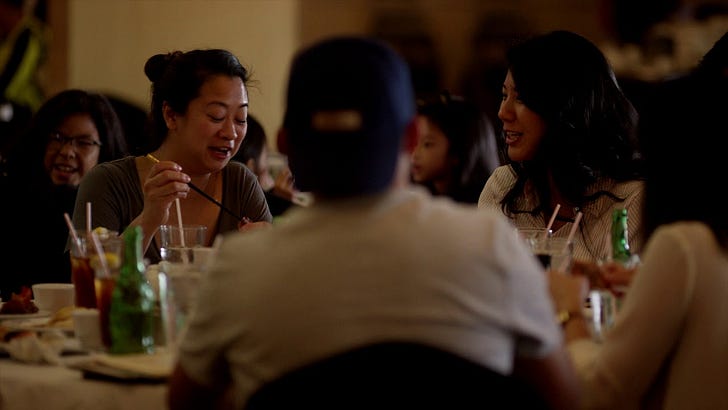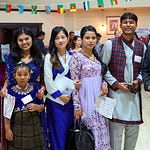Please join Rev. Cindy Wu from Mosaic Formation and Rev. Jonathan Abraham Kindberg from Diaspora Network for a Zoom webinar on Thursday, April 17 from 7-8:15 pm CST!
This conversation will focus on re-imagining mission in light of diaspora and how immigrants in the U.S. are renewing are cities and churches. This event is open to the public and free of charge. To register and see additional details, click the button below.
One of the Diaspora Network's key values is prayer and fasting. We believe one of the most important and renewing gifts the immigrant church brings to North America is a deep commitment to prayer and fasting. We want to invite the broader Church to join in on what God is doing, and so each week as a network we pray with and for a specific group in diaspora. We often highlight a leader and church of specific diaspora group here on this blog and share how they have invited us to pray with and for them. All are invited to participate every Friday over Zoom (10-10:30 am CST). Click the link below to join us!
This week, we are highlighting the Arab diaspora! The Arab diaspora is a diverse community that comes from multiple countries and regions including Northern Africa, the Levant, and the Arabian Peninsula. Arab diaspora roots stretch back thousands of years, and include some of the earliest Christian converts (Acts 2:11). Some of the most recent waves of immigrants to the U.S. include Syrian refugees and Iraqi SIV holders.
Texas is in the top 5 U.S. states with the largest Arab diaspora population, numbering well over 125,000, though numbers are likely much higher. Harris County has the largest number of Arab diasporans, followed by Dallas and Tarrant counties. Katy and Sugar Land have the highest concentration of Arab Texans in the Greater Houston area.
Exact numbers are difficult to obtain, since Census data places those of Arab descent under the label “White.”
In the Greater Austin area, the Arab population is centered around the Pflugerville.
Dr. Wageeh Mikhail, an Arab Christian theologian and scholar, says this:
“It remains that the best gift with which the Arab Church has been blessed is the fact that her culture is the same as the Bible. Biblical figures of speeches, parables, and idioms are easily understood by the average Arabic-speaking Christian because they share the same culture. The Bible is a divine text inspired in a Middle Eastern context, part of which is the Arabic-speaking community… [The Bible] has been established in Arab culture because of those who stood firm facing many challenges, and in doing so they paid the ultimate price: their blood.”
Austin Arab Churches
Houston Arab Churches
Arabic Christian Church (their worship team is in the above video!)
See this directory of Arabic speaking churches across the US to find one near you.

Prayer Points
Gratitude: for the historic faith and faithfulness of Arab Christian martyrs, for their shared heritage and culture with the Scriptures
Multiplication: that the Lord would establish an Arab diaspora church in Austin, and multiply the impact of Arab churches in Houston and around the US
Next Gen: that Arab-descent young people would see themselves as descendants of a beautiful and ancient faith, and boldly step into the calling God has on them between cultures in the US
Mutuality: for non-immigrant churches to receive the gifts/strengths of Arab brothers and sisters, and for Arab Christians to work alongside them in reaching the city














Share this post